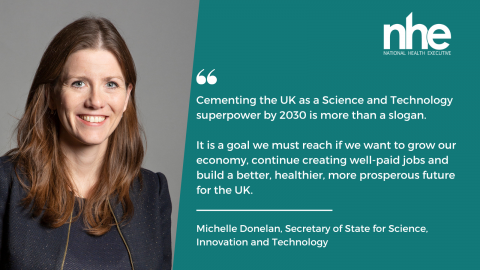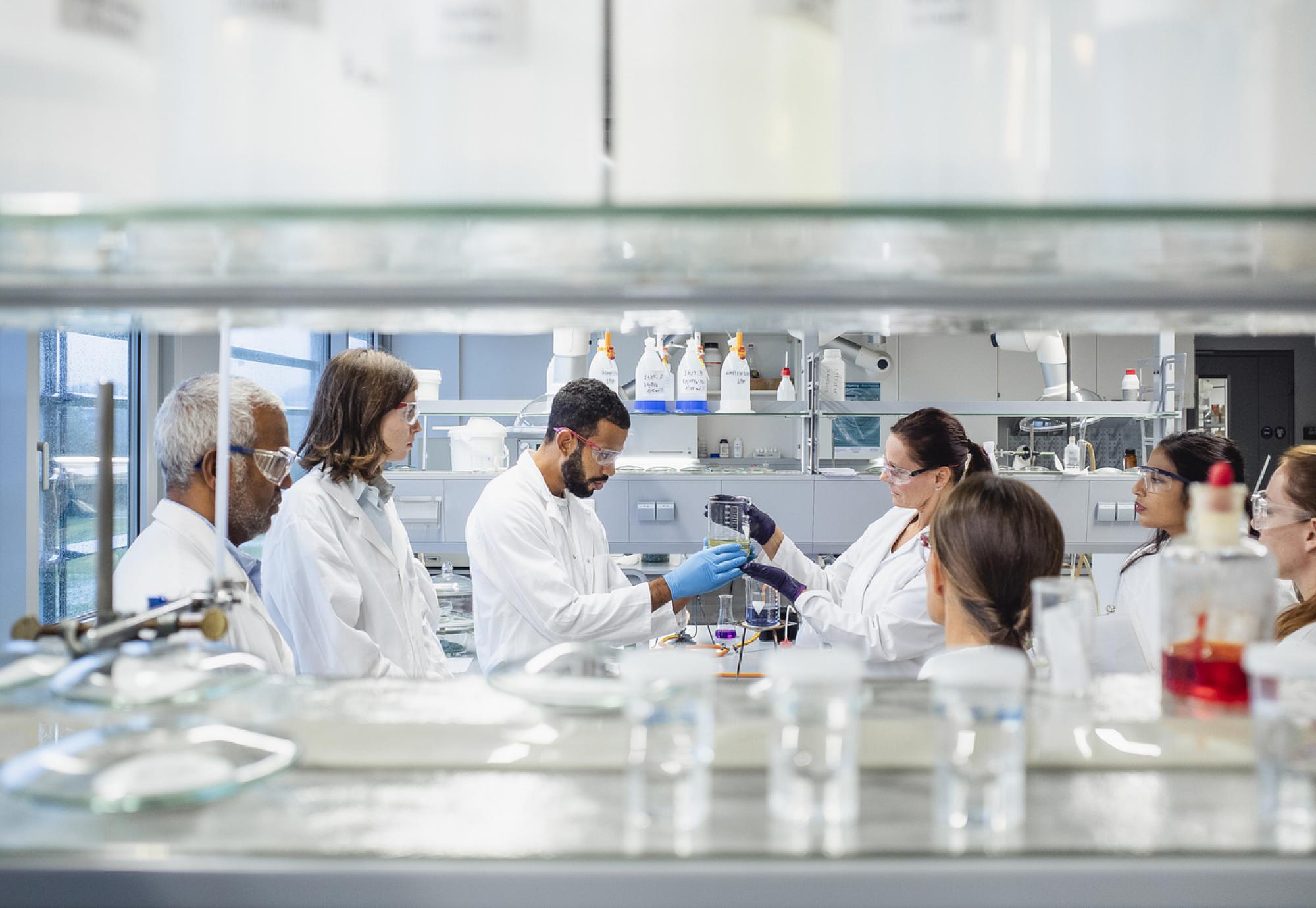The government has announced funding for six new engineering biology mission hubs that could transform healthcare and deliver life-saving new medicines.
UK Research and Innovation (UKRI) says each hub will be awarded up to £12m to last over the next five years.
The hubs will be led by:
- Cranfield University – environmental solutions led by Frederic Coulon
- Imperial College London – food systems led by Rodrigo Ledesma Amaro
- University of Edinburgh – biomedicine led by Susan Rosser
- University of Kent – clean growth and environmental solutions led by Martin Warren
- University of Nottingham – biomedical and food systems led by John Heap
- University of Portsmouth – environmental solutions and clean growth led by Andrew Pickford
Focuses will include transformative solutions in areas like vaccination, textile and food production, according to UKRI.
A series of mission awards, worth £30m, will help fund the hubs for two years. UKRI says the 22 mission awards are a part of a bid to expand engineering biology disciplines and communities.
The investment is also part of a raft of measures announced by science secretary, Michelle Donelan, to drive innovation and secure the UK’s position as a superpower in science and technology.

Andrew Griffith, minister for science, research and innovation visited the University of Nottingham’s new GlycoCell Hub.
The hub is looking to develop new vaccines, diagnostics and therapeutics. They will do this by exploring how engineering biology can be harnessed to industrialise the biomanufacturing of sugar biomolecules.
Griffith said: “Engineering biology has the power to transform our health and environment, from developing life-saving medicines to protecting our environment and food supply and beyond.”
UKRI’s Dr Kedar Pandya added: “Engineering biology is one of the critical technologies for the UK strength and opportunity identified in the innovation strategy.”
It has the power to change lives, including to develop new medical treatments, added Dr Pandya.
Image credit: iStock



















